
By John Eremu and Esther Arinaitwe
Teachers should take the lead in mindset change in Karamoja by emphasising peaceful co-existence and the dangers of cattle rustling, the Moroto district secretary for education and social services has said.
“You are leaders in your own right,” Cosmas Ayepa said on Friday during a New Vision Newspapers in Education (NiE) workshop in Moroto municipality.
“Talk to the learners about insecurity so that we stop these senseless killings. Tell the children that killing is bad. Tell them that cattle rustling is a bad practice. Tell the parents to send their children to school. If we did that, coupled with mass education, we would cut the cord of raiding,” he observed.
Ayepa said for 10 years after the first disarmament exercise, Karamoja witnessed unprecedented development due to peace.
“We were peaceful and a lot of development took place in Karamoja, including the construction of Kobebe Dam. There was joint grazing and watering of animals. It was good. But what happened? Let’s encourage peaceful co-existence,” Ayepa said.
The workshop at Kasimeri Primary School in Moroto municipality was to equip teachers with skills to use newspapers in classroom teaching. It was organised by New Vision in conjunction with Save the Children and attended by close to 100 teachers and the district leadership.
The workshop was opened by the Moroto Resident District Commissioner (RDC), George William Wopuwa. It was addressed by the district education officer, Paul Oputa and Save the Children programme officer in charge of education, Emmanuel Obedi, among others. NiE is a global initiative that encourages the use of newspapers in classroom teaching.
The programme was pioneered in Uganda by New Vision in early 2,000. Save the Children is currently supporting the programme in 104 schools in Karamoja and Acholi sub-regions.

School in Moroto municipality
Wopuwa emphasised the need for the Karimojong to shift their mindset away from raiding cattle to productive activities. He said it is difficult for the army to provide security when the very people they are trying to protect are attacking them.
“Imagine you send 10 soldiers to protect a kraal and they come back seven, the other three having been killed; if you call them again, will they come? They are also human beings.”
Both Wopuwa and Ayepa emphasised the importance of education and commended Save the Children and New Vision for the NiE project, an innovation that addresses the actual needs of the communities.
“What Save the Children does is what we don’t do in most cases; that is, carrying out a needs assessment first. It is the reason you build a beautiful market, but people do not go there; because that is not what they needed. So, I thank Save the Children for understanding the needs of the communities before investing in Karamoja,” Wopuwa said.
Oputa implored the younger teachers to continuously improve their teaching skills through trainings such as those organised by New Vision and Save the Children. He hailed the international charitable organisation for supporting the Alternative Basic Education for Karamoja (ABEK) programme that has benefitted thousands of students in the region since its implementation in 1997.
“Before ABEK, enrolment in most formal schools in Karamoja had never gone beyond 200 pupils,” Oputa said.
“But, today, the transition from ABEK has boosted enrolment in all formal schools in the ABEK catchment areas. The programme has also benefitted ABEK facilitators, most of whom upgraded their studies and are now full-time teachers in formal schools,” he added.
The Teachers’ Views on the Issue

Christine Ochan, Wii Acheng Primary School, Omoro district: Teachers are always in the communities with the parents. To change the people’s mindset, you should be exemplary in the community. Teachers by nature are friendly to both parents and learners, and, as such, their advice is likely to be taken more seriously.

Richard Kinyera, Lukoto Primary School, Omoro: Teachers are readily available within the community and are usually the most trusted. Because professionally, we are supposed to say what is right all the time, the community believes in us.

Morris Okello, Awali Primary School, Omoro: Teachers are peacemakers in their communities. Whenever there are problems, they provide guidance. They act as mediators and consultants. Communities believe they have the the teachers’ views on the issue


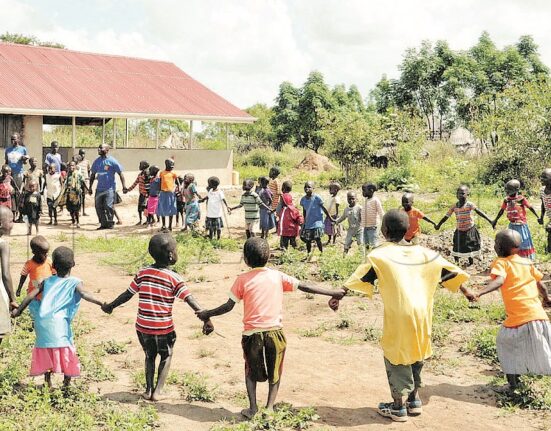
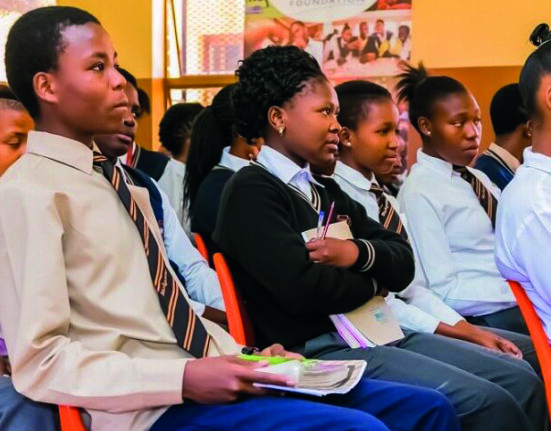
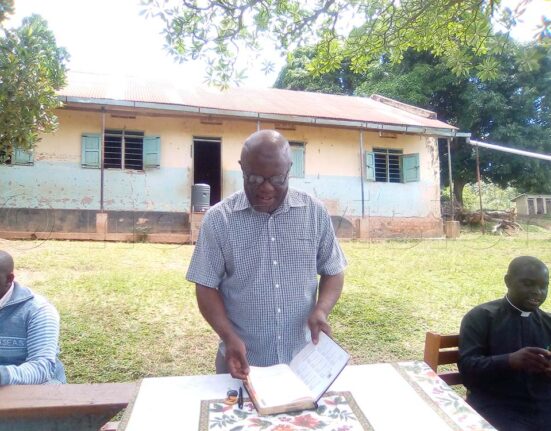
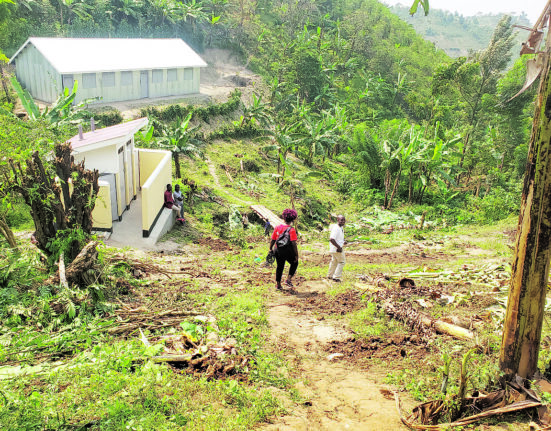

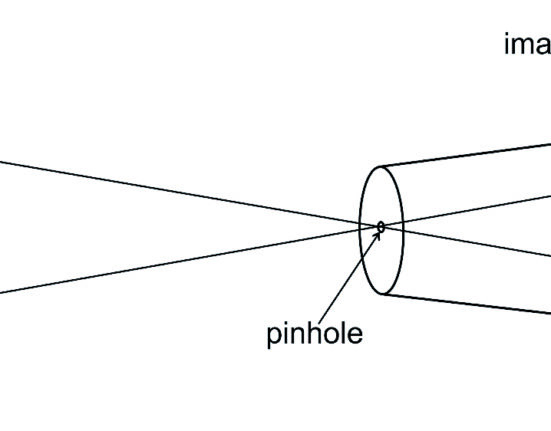
Leave feedback about this